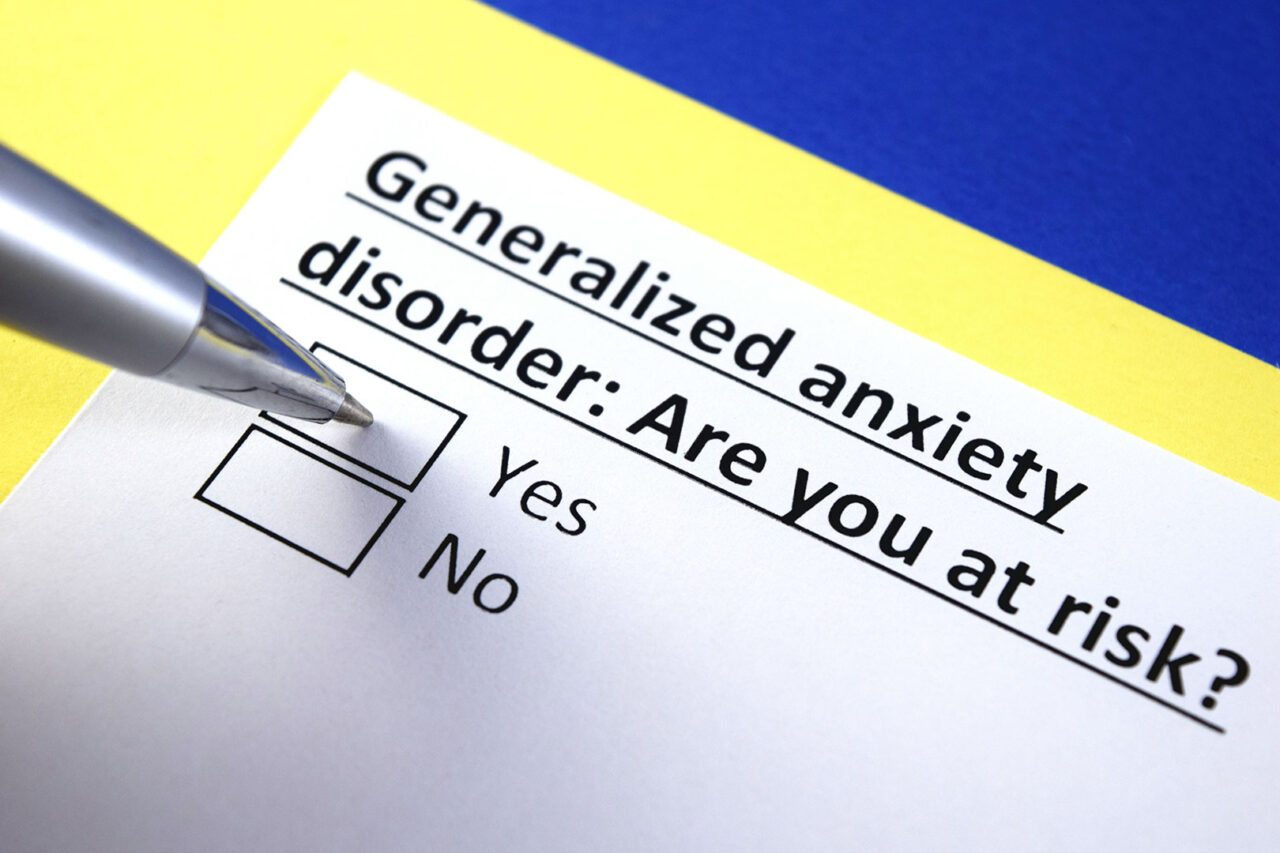One of the most fulfilling and rewarding part of my life is mentoring mental health care providers, providing guidance and support, playing a vital role in shaping the next generation of mental health professionals and ensuring high-quality care for people and families in need.
- Sharing Knowledge and Experience: Draw upon your own experiences and expertise in the mental health field to provide guidance and advice to mentees. Share insights, best practices, and lessons learned from your own professional journey.
- Clinical Supervision: Offer clinical supervision to mentees, providing guidance and oversight as they work with clients or patients. Help them develop their clinical skills, therapeutic techniques, and treatment planning abilities.
- Professional Development: Support mentees in their professional growth and development. Help them identify areas for improvement and create a plan for continuing education, training, and skill enhancement.
- Ethical Considerations: Discuss ethical dilemmas and professional standards with mentees, helping them navigate complex ethical issues that may arise in their work with clients. Emphasize the importance of adhering to ethical guidelines and maintaining professional boundaries.
- Self-Care and Burnout Prevention: Educate mentees about the importance of self-care and burnout prevention in the mental health field. Help them develop strategies for managing stress, maintaining work-life balance, and prioritizing their own well-being.
- Supervisory Skills: If mentoring individuals who are pursuing careers in clinical supervision themselves, provide guidance on effective supervisory techniques, feedback delivery, and mentorship strategies.
- Networking and Professional Connections: Help mentees build professional networks and establish connections within the mental health community. Facilitate introductions to colleagues, organizations, and professional associations that can support their career development.
- Feedback and Reflection: Offer constructive feedback to mentees and encourage self-reflection on their clinical practice, professional growth, and personal development. Create a supportive environment where mentees feel comfortable discussing challenges, mistakes, and areas for improvement.
- Advocacy and Leadership: Encourage mentees to advocate for the mental health profession and take on leadership roles within the field. Support their efforts to promote mental health awareness, reduce stigma, and advocate for policies that improve access to mental health care.
Nicoletta Pallotta, MD, LCSW-R
Private Practice CEO. Mentor. Women’s Advocate.











